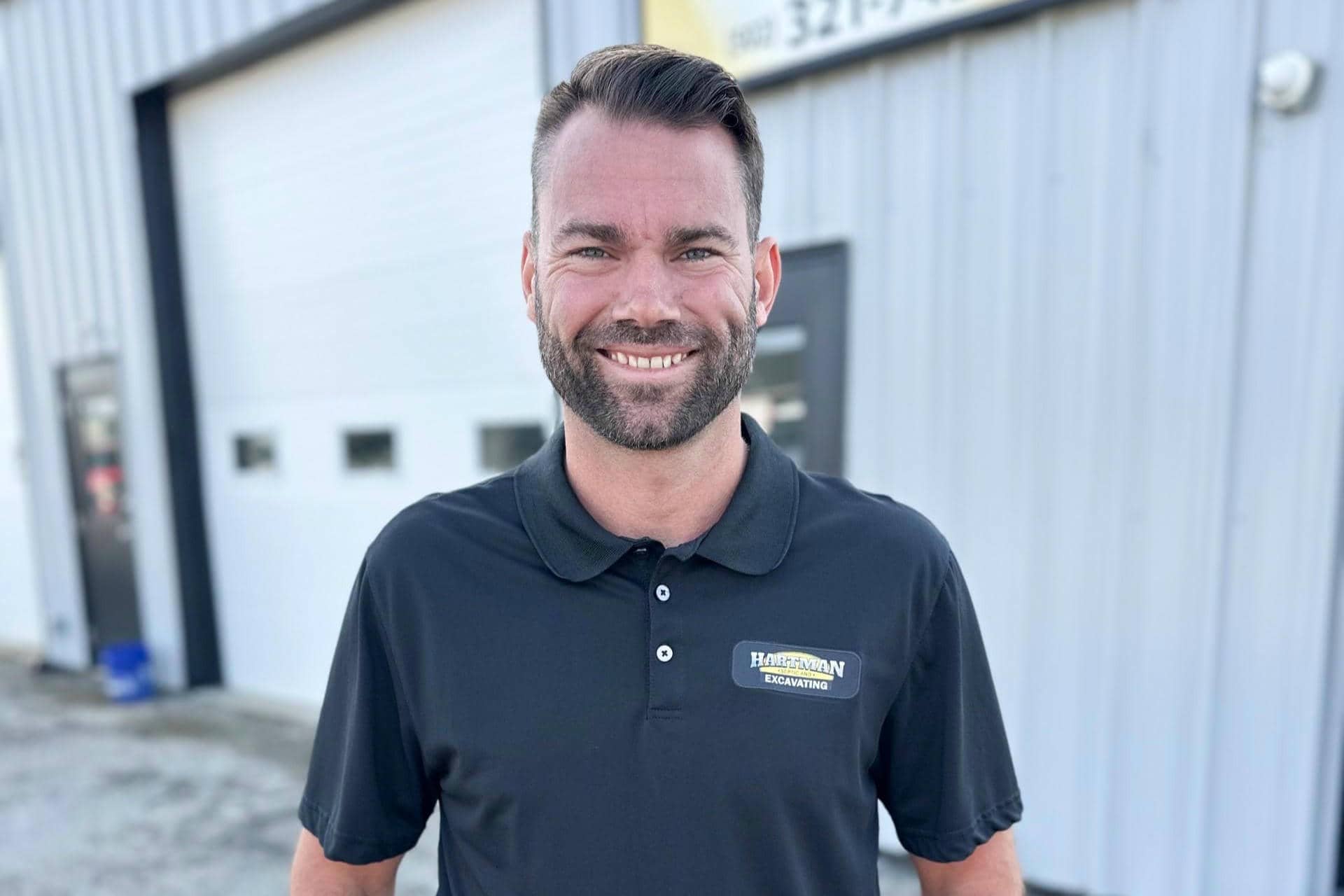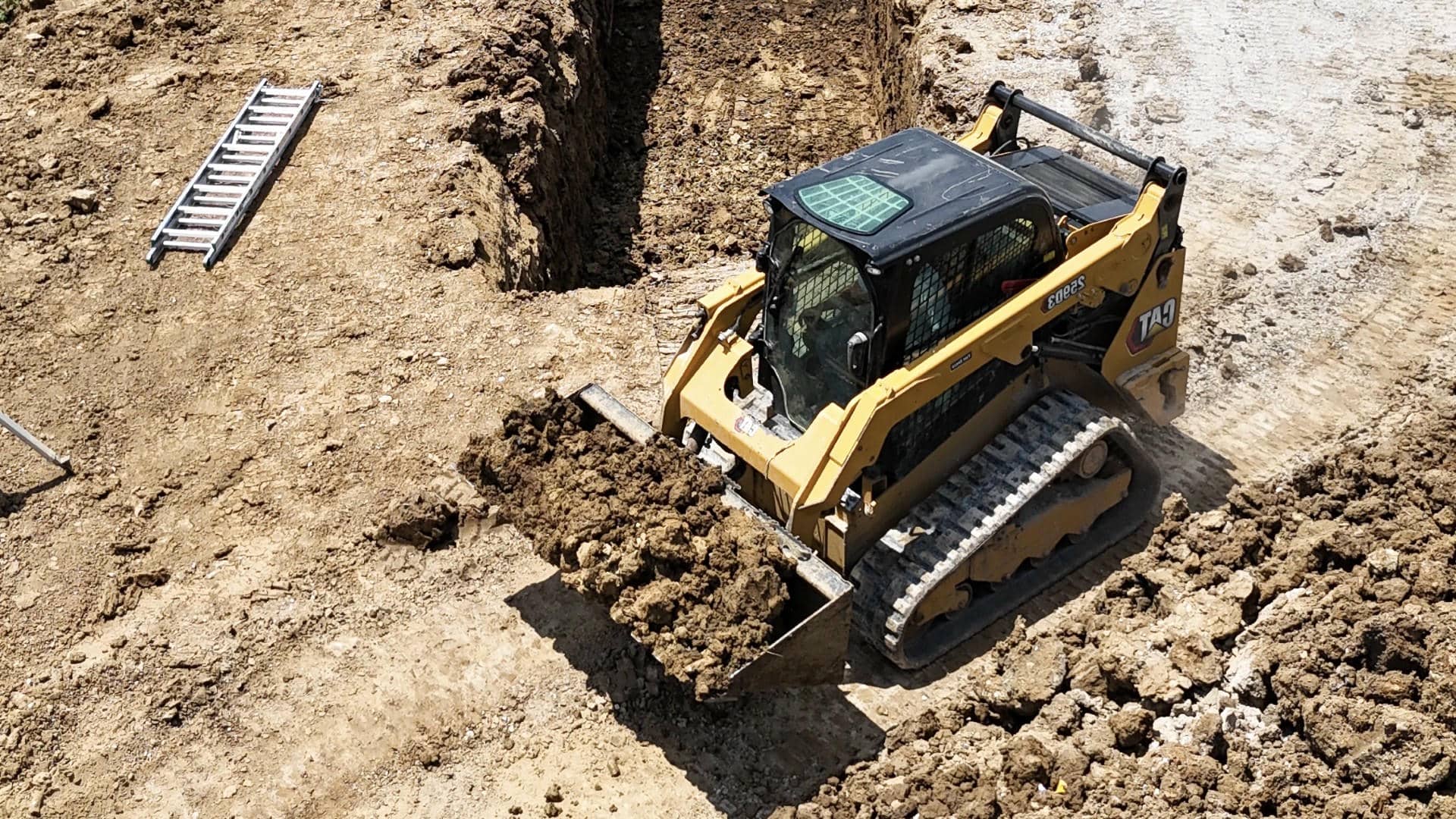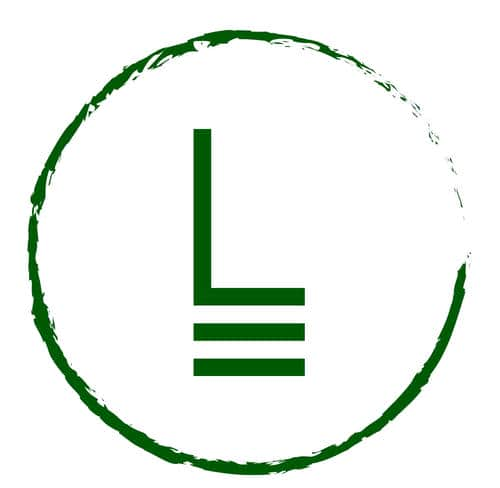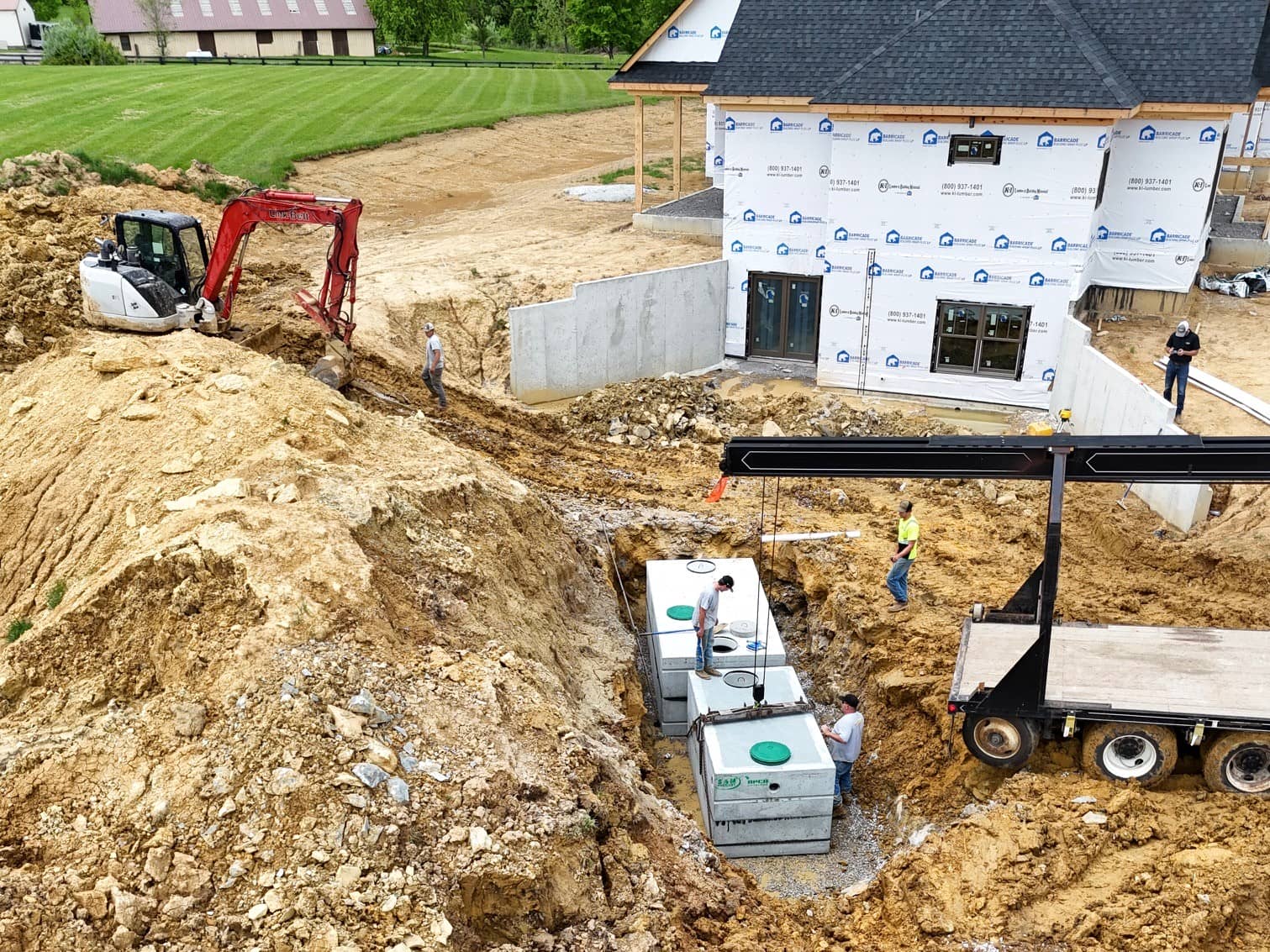
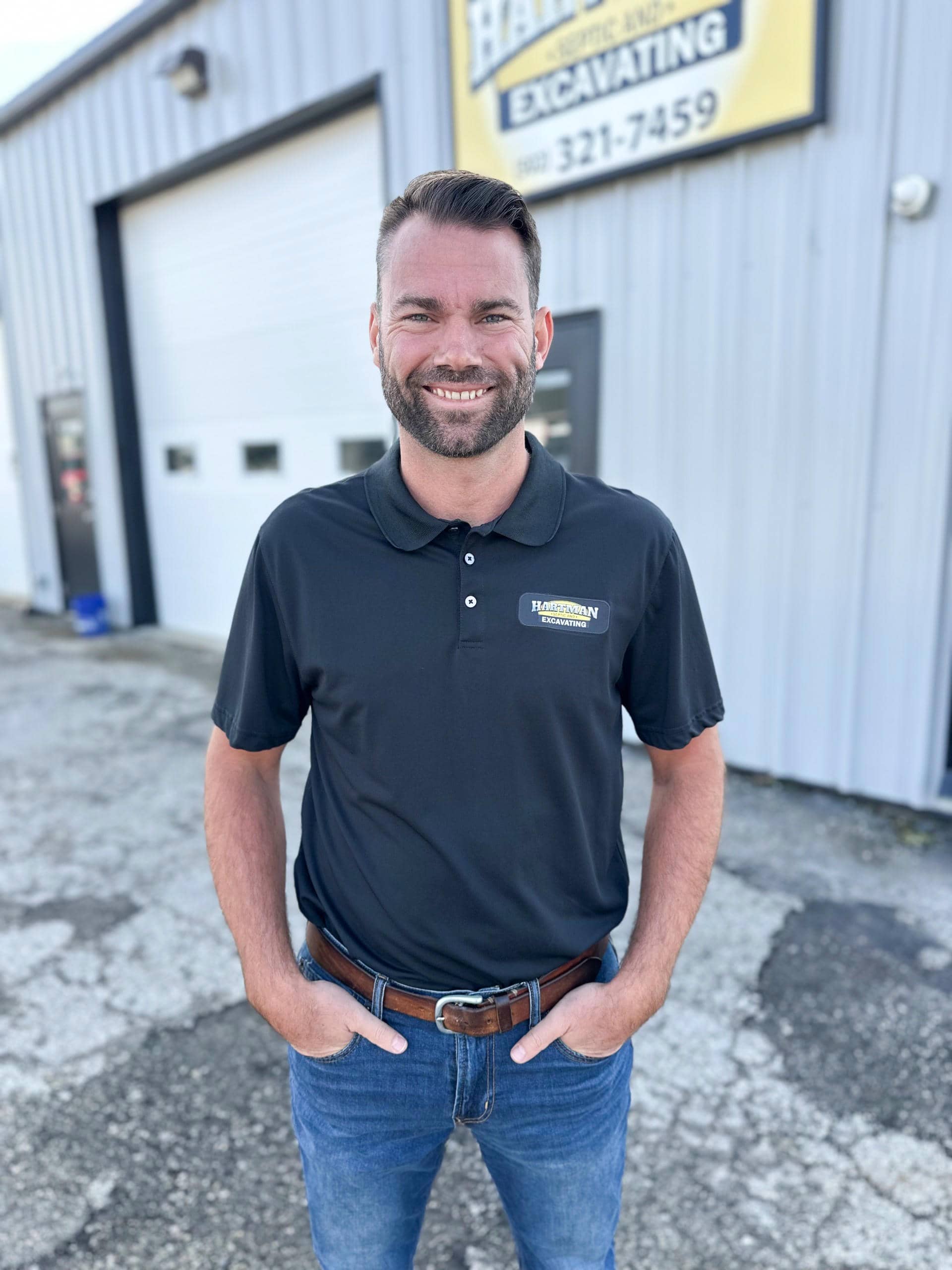
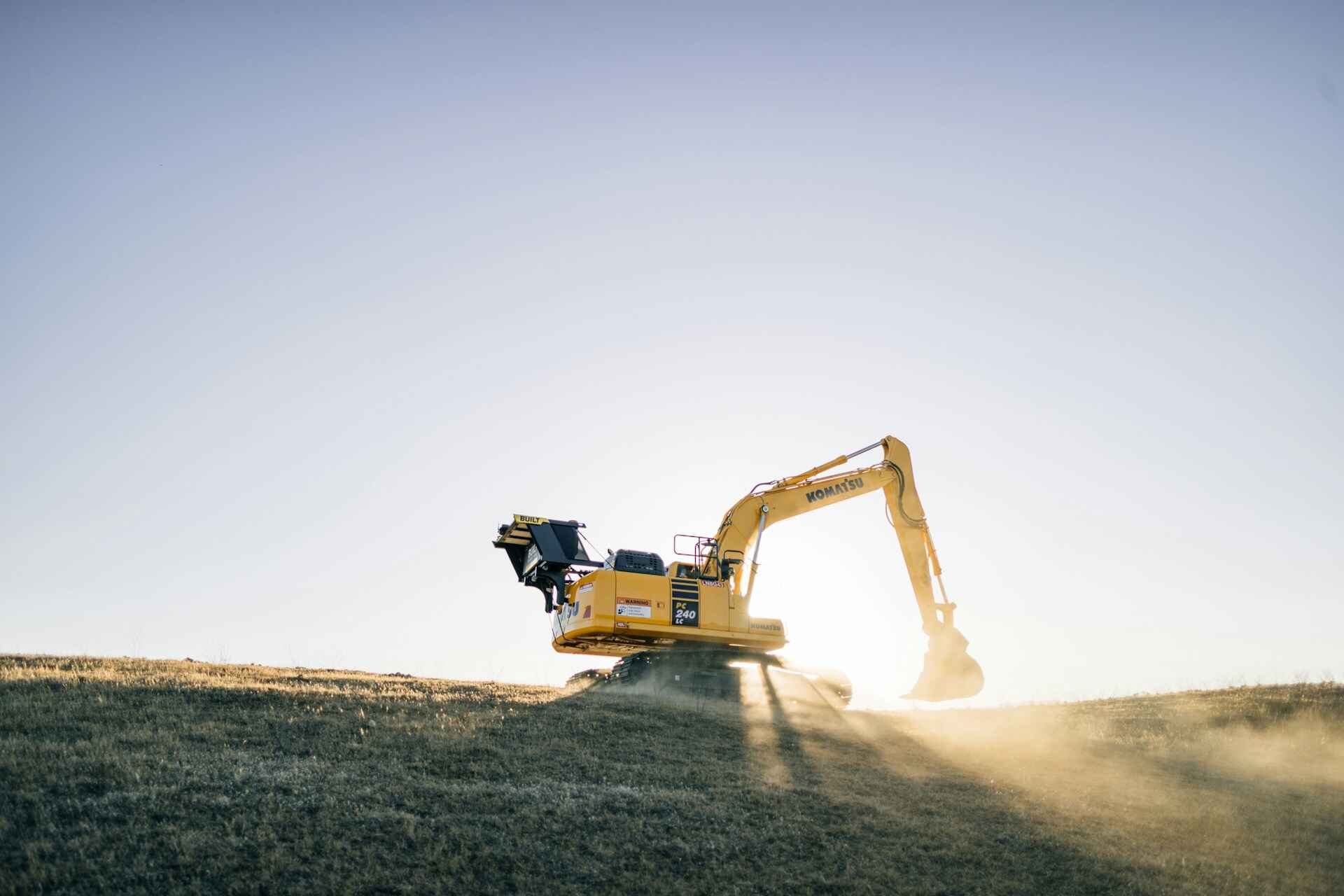


It's Our Mission
“At Hartman Septic, it's our mission to lead the septic industry through quality work, advanced certifications, and honest service — providing the very best options for our customers!"

About Us
Hi, I’m Chris Hartman, owner of Hartman Septic...
From a young age, I knew I wanted to operate equipment for a living. In 2005, at just 17 years old, I got my first hands-on experience running a skid steer while helping install a septic system. I was hooked. That moment sparked a passion that led me to start learning everything I could about the septic industry. I began by pumping tanks for a local company in Shelby County, gaining invaluable experience along the way.
In 2012, I took a leap of faith, attended heavy equipment school in Florida, and later that year, launched my own business. I started small—renting equipment and taking on any job I could. As my reputation grew, so did my company. I hired a dedicated team, invested in my own equipment, and became a trusted name in the community.
Over the years, my expertise in septic systems grew, and my dedication to bettering this industry quickly placed Hartman Septic as the go-to professional for advanced installations. Other installers began referring complex jobs my way, and I enjoyed taking on the role of mentor, helping others in the industry. What truly sets Hartman Septic apart is our commitment to innovation—bringing the latest advancements to our field to better serve our customers.
In 2024, we made the strategic decision to discontinue our excavation division, allowing us to focus entirely on what we do best—providing top-tier, full-service septic solutions. Today, Hartman Septic is known for our professionalism, cutting-edge techniques, and unwavering dedication to customer service. We don’t just install and maintain septic systems—we provide tailored solutions that stand the test of time.
At Hartman Septic, we’re not just in the business of septic systems. We’re in the business of serving our community with honesty, integrity, and the latest innovations in the industry.
Our Certifications
We provide the latest septic innovations to deliver tailor-made solutions for every job.

American Perc-Rite Drip Dispersal Certified
Kentucky's 1st Master Septic Installer
Fuji Clean USA Treatment Certified
Heavy Equipment Operator Certified
Advanced Enviro-Septic Certified
Advanced Septic Installer
Companies we've worked with...
How often should I get my septic tank pumped?
Most septic tanks should be pumped every 3 to 5 years, depending on the tank size and number of people living in the home. Larger households or smaller tanks may need more frequent service. Regular pumping prevents buildup of solids that can overflow into the drain field and cause system failure.
Tip: Don’t wait for signs of trouble! Routine maintenance is much cheaper than system repairs or replacements.
What are signs that my septic system is failing?
Common warning signs include:
- Slow draining sinks or toilets
- Gurgling sounds in your plumbing
- Strong odors in the yard or around drains
- Excessive, Lush, dark green grass over the drain field
- Standing water or soggy areas in your yard
If you notice any of these, it’s important to have your system inspected immediately to avoid costly damage.
The grass over my lateral lines is brown, what does that mean?
Brown or dry grass over your lateral lines is usually a good sign! It means your drain field is doing its job, filtering wastewater underground without oversaturating the soil above. A healthy drain field is designed to disperse water slowly and evenly, not keep the surface wet.
But when you notice brown grass with any of the following, it may be time to schedule an inspection:
- You have slow draining sinks, gurgling toilets, or backups happening in your home
- You see standing water in other areas of your septic system
- There is green grass over some lateral lines but not others
I see water around my lateral lines. What does this mean?
Standing water or soggy ground around your lateral lines is a red flag that your system may be failing. This usually means the drain field is no longer able to absorb and filter wastewater properly. Common causes include:
- System overload from too much water use
- Clogged or damaged lateral lines
- A full or unpumped septic tank
- Poor soil absorption or compacted soil
Take action quickly! Continued use of a failing system can lead to contamination, bad odors, and costly repairs. Give us a call for a septic consultation!

